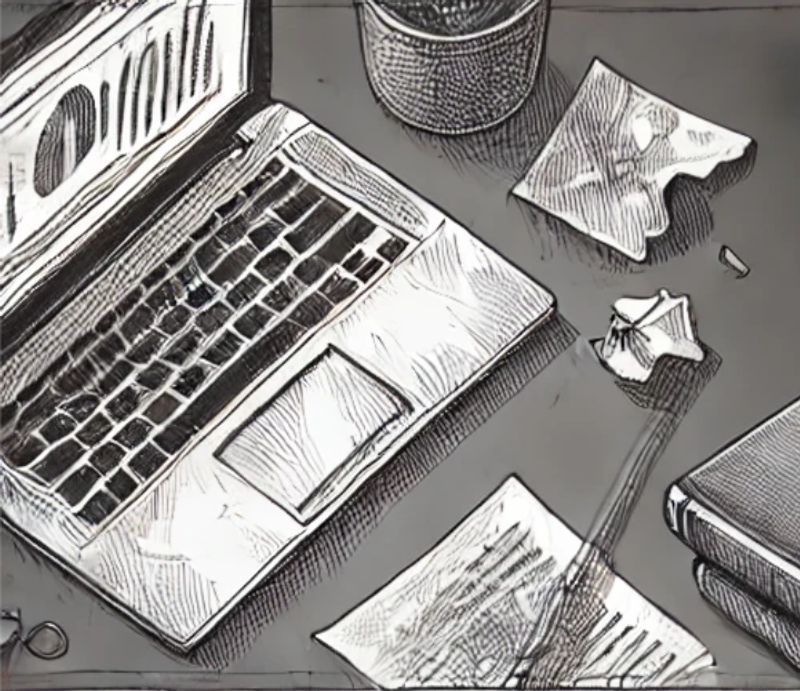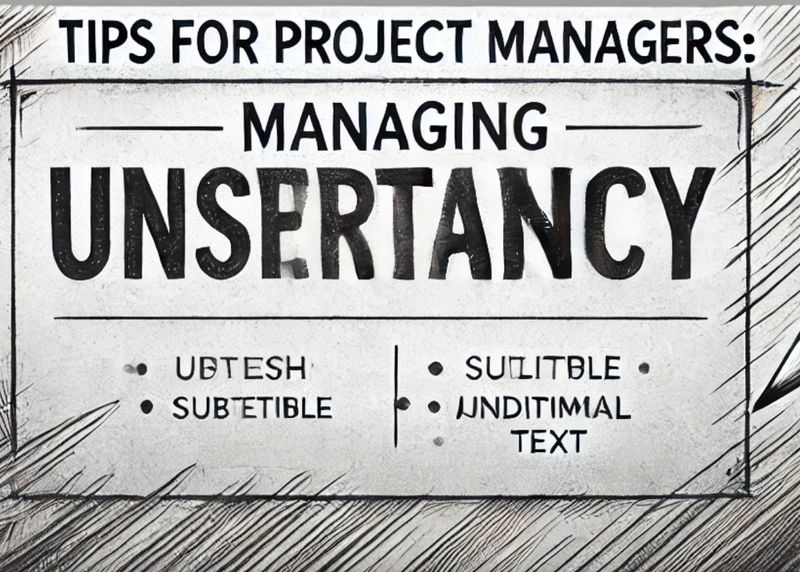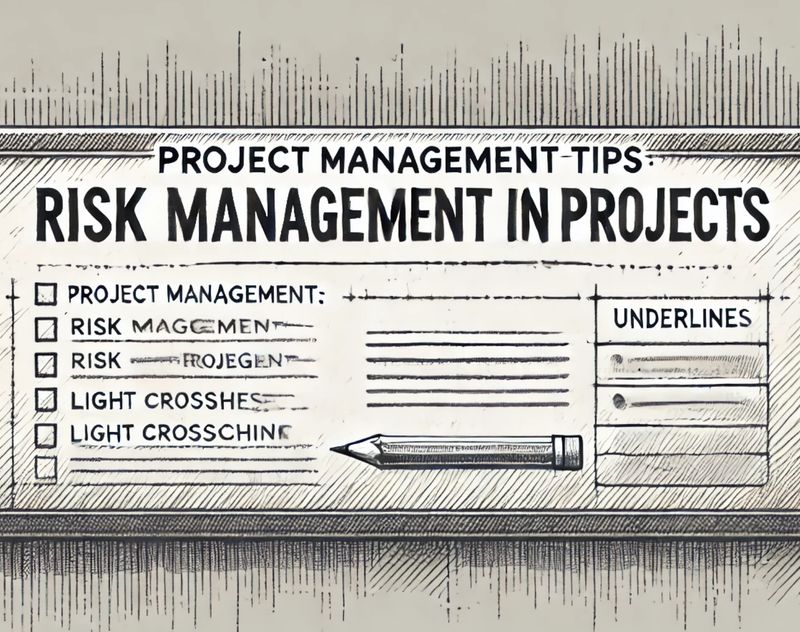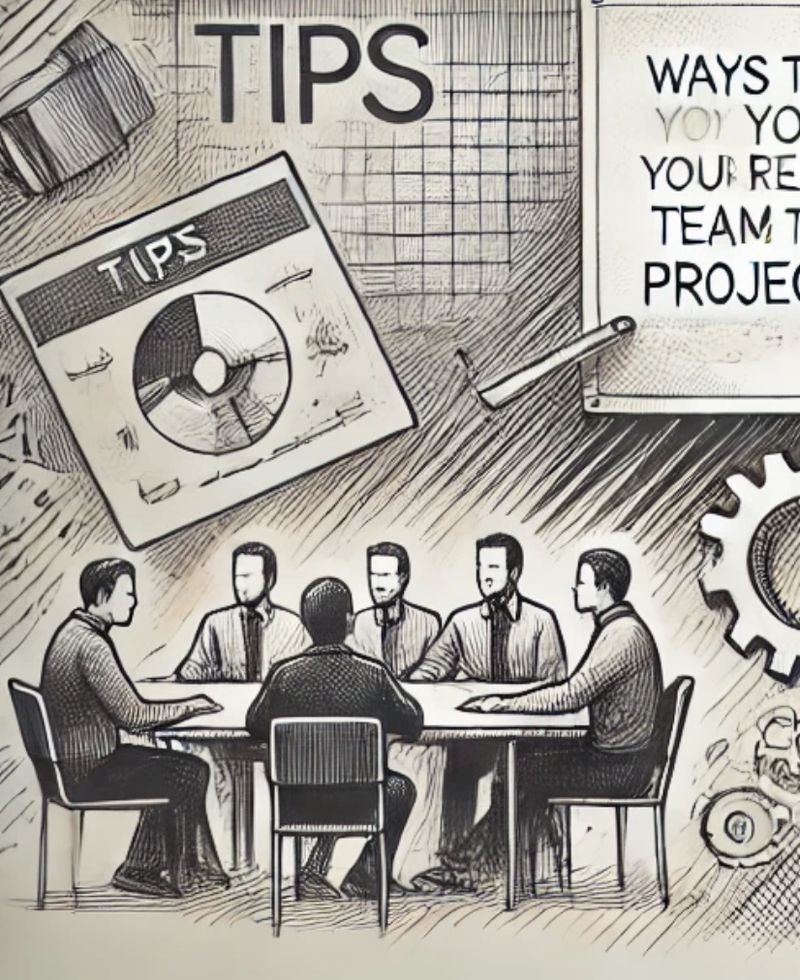How to Run Effective Team Meetings
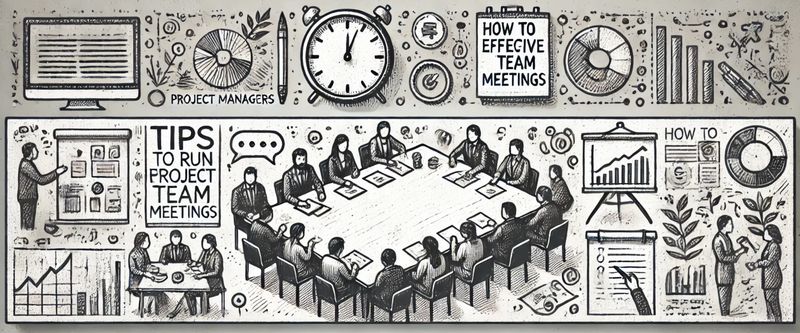
Set Clear Objectives and Prepare in Advance
Successful meetings begin long before anyone sits down at the table or joins the call. As a project manager, it’s your job to clarify the meeting’s purpose. Think of this as the “why” behind gathering your team. Having a clear objective helps you stay focused and ensures the team knows what they need to accomplish.
Once the goal is defined, create an agenda. Include specific topics to cover and the estimated time needed for each item. The agenda should highlight priority issues first, allowing enough room for critical discussions and decisions without feeling rushed.
Variant 1: When preparing for the meeting, remember that less is often more. Instead of trying to cover every project detail, focus on the areas where team input or updates are essential. Variant 2: If your team uses shared tools like project management software, make sure any relevant documents or updates are attached to the agenda. Variant 3: Before the meeting, send out the agenda and supporting materials to give team members a chance to prepare. This small step empowers your team to come ready with questions or comments.
Encourage Active Participation
An effective team meeting is one where each member feels encouraged to contribute. As the meeting leader, setting a positive tone and inviting input helps prevent one-sided discussions. If certain team members are more reserved, try asking open-ended questions directed at them to foster more engagement.
When opening a topic, frame it as a question to inspire contributions rather than stating it as a fact. For instance, “What do you think about our current timelines?” or “Are there any challenges you see with this phase of the project?” Additionally, consider rotating leadership roles in informal ways, where different team members take charge of certain agenda items. This approach not only diversifies perspectives but also empowers team members to feel a stronger sense of ownership.
Variant 1: When a team member brings up a point, give them time to elaborate without interrupting, and validate their input by acknowledging their ideas. Variant 2: If a team member has expertise in a particular area, invite them to lead that section of the discussion. For example, “Since you worked closely on this, could you share any updates or insights?” Variant 3: Remember to stay neutral when opinions differ. By affirming diverse viewpoints, you create a safe space where everyone feels comfortable sharing.
Keep Meetings on Track and Follow Up
Time management is crucial to productive meetings. Meetings that drag on can cause team members to lose focus or feel like their time is not respected. As the meeting progresses, refer back to the agenda if discussions veer off course. This way, you can politely remind the team of the items that still need attention. If a new topic comes up that isn’t relevant, suggest adding it to the agenda of a future meeting or addressing it offline.
When closing the meeting, quickly summarize key takeaways, decisions, and next steps. This recap helps reinforce what was achieved and ensures everyone is aligned. Afterward, send a brief follow-up email or message to document action items, responsibilities, and deadlines. Following up shows the team that the meeting was worthwhile and keeps everyone accountable.
Variant 1: If specific tasks were assigned during the meeting, confirm the due dates and responsible team members before ending. For example, “To wrap up, let’s clarify that John will complete the initial draft by next Monday.” Variant 2: Ensure action items are realistic and consider each team member’s current workload. This practice prevents overwhelming individuals and fosters a balanced approach. Variant 3: For regular team meetings, create a system for reviewing progress on past action items at the start of each session. This continuity helps the team stay consistent with goals and track improvements over time.
By setting clear objectives, engaging team members, and following up on action items, you can make each meeting a valuable part of the project’s progress. Effective meetings create a culture of collaboration, clarity, and accountability that strengthens your team’s productivity and morale over time.

